Ahmedabad-Mumbai Bullet Train project: Here's what Railways Minister Ashwini Vaishnaw said
Though the minister did not replied about any time frame for the project which has already been delayed but said despite disruption during Covid, 320 km has been constructed with a record achievement of time.
)
Construction work on the Ahmedabad-Mumbai high-speed bullet train project is going under full swing and viaduct pillar work on a 320 km stretch has been completed, Railways Minister Ashwini Vaishnaw said on Friday.
Besides work on stations and construction of bridges on eight rivers on the 508 km between the two western cities are on advance stage, said Vaishnaw while replying to a supplementary question in the Rajya Sabha.
Though the minister did not replied about any time frame for the project which has already been delayed but said despite disruption during Covid, 320 km has been constructed with a record achievement of time.
The bullet train technology is "complex and advance" and the focus is to adopt it, train our engineers and to create an industrial ecosystem, he said.
This Indian project is discussed globally as the work is going with a fast pace and several innovations have also been done.
"One under-sea tunnel, below 50 meters of the surface in Thane (Maharashtra) has also been started. Moreover work on construction of bridges on eight rivers are also on advance stage," Vaishnaw said.
Replying to a question from BJP's Baburam Nishad, the minister said the Bullet train will have two classes - executive class and normal chair car.
Mohammad Nadimul Haq of the TMC wanted to know whether deadline for the project has been extended several times from the initial target of 2022 to 2027.
Though the minister did not mention the delay and said bullet train is a complex technology and several countries have taken over 20 years to complete this project.
"Despite disruption during Covid, 320 km has been constructed in such less time is a record achievement," he said.
Congress member Rajeev Shukla asked why the government is taking undersea route, which takes more construction time and suggested to take a surface route.
Vaishnaw said, "There are no impediments in this project. The project is complex and precaution has to be taken at designing stage and after doing that the work is going smoothly." Sarfaraza Ahmed of the JMM asked whether the government has plans to connect the backwards in East with a similar high speed rail corridor.
The minister said, "The focus is to adopt this complex and advance technology and train our engineers and to create an industrial ecosystem." Vaishnaw said initially technology for big crane which lifts girders were imported, now it is designed in India.
The minister said the countries similar to population like India have adopted the similar strategy to go for elevated railway corridors.
In future, the country will have to decide about this, he added.
"Whenever a bullet train projet comes, it connects the economies of four to five cities into one combined economy by reducing the travel time of 100-150 km journey into 15-20 minutes," he said.
Citing the example of Japan, the minister said the first bullet train has connected the economies of five cities -- Tokyo, Nagoya, Kobe, Osaka and Kyoto -- into one.
The minister further said major economies of the world have connected their big cities through high speed railway system.
"Whether its China, Japan, South Korea, Taiwan, all have done it. This is a very complex technology," he said.
The first bullet train projects is coming between Ahmedabad to Mumbai and is coming in collaboration of Japan, which is a pioneer in this technology.
"With the development of the project, the country has assimilation technology in areas such as earthquake-proof Viaduct technology for elevated tracks. Besides, 40 meters full Span Girder, weighing 1,100 tons are placed. Technology for heavy-weight cranes are also being developed in India," he added.
Replying to another question over safety, the minister said now the Indian Railways has done rail renewal of 43,000 km in last 10 years. It is focusing to lay longer rail panels and around 68,000 km has been laid from 2014 to 2024.
Get Latest Business News, Stock Market Updates and Videos; Check your tax outgo through Income Tax Calculator and save money through our Personal Finance coverage. Check Business Breaking News Live on Zee Business Twitter and Facebook. Subscribe on YouTube.
RECOMMENDED STORIES
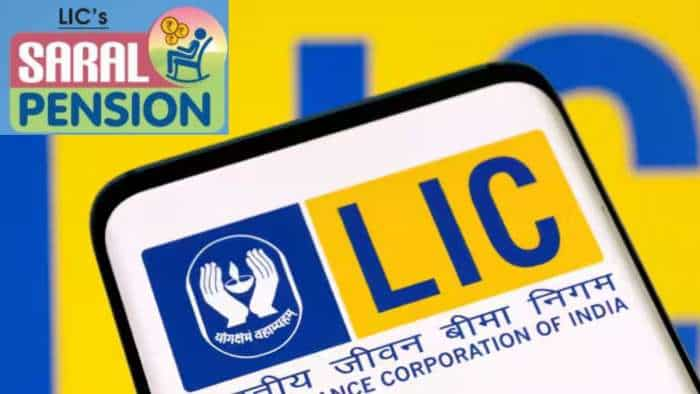
LIC Saral Pension Plan: How to get Rs 64,000 annual pension on Rs 10 lakh one-time investment in this annuity scheme that everyone is talking about
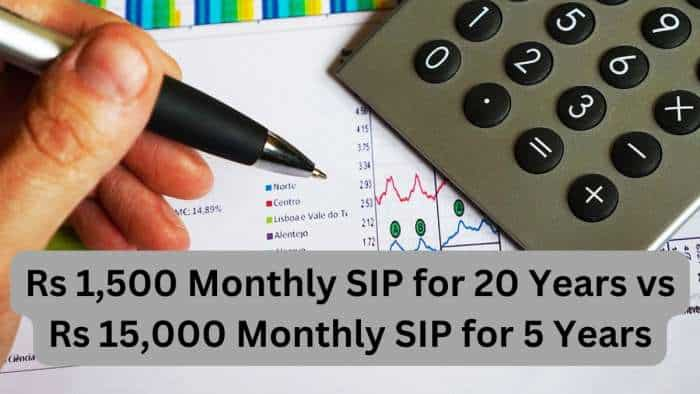
Rs 1,500 Monthly SIP for 20 Years vs Rs 15,000 Monthly SIP for 5 Years: Know which one can give you higher returns in long term

LIC Saral Pension Plan: How much should you invest one time to get Rs 64,000 annual pension for life?

Income Tax Calculations: What will be your tax liability if your salary is Rs 8.25 lakh, Rs 14.50 lakh, Rs 20.75 lakh, or Rs 26.10 lakh? See calculations
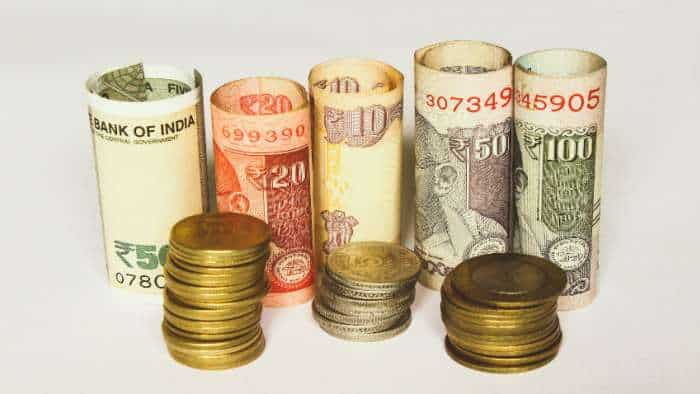
8th Pay Commission Pension Calculations: Can basic pension be more than Rs 2.75 lakh in new Pay Commission? See how it may be possible

SBI Revamped Gold Deposit Scheme: Do you keep your gold in bank locker? You can also earn interest on it through this SBI scheme
06:29 PM IST








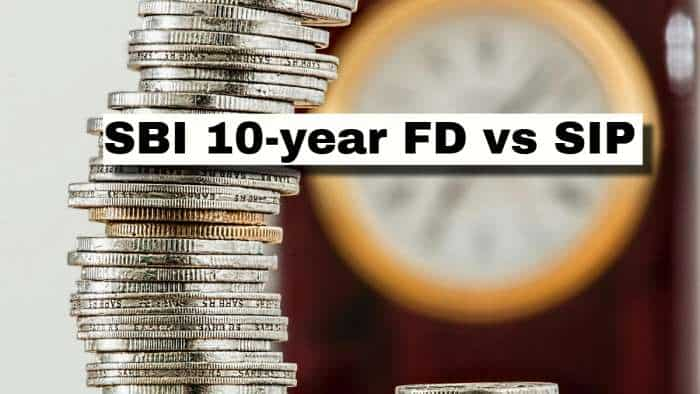
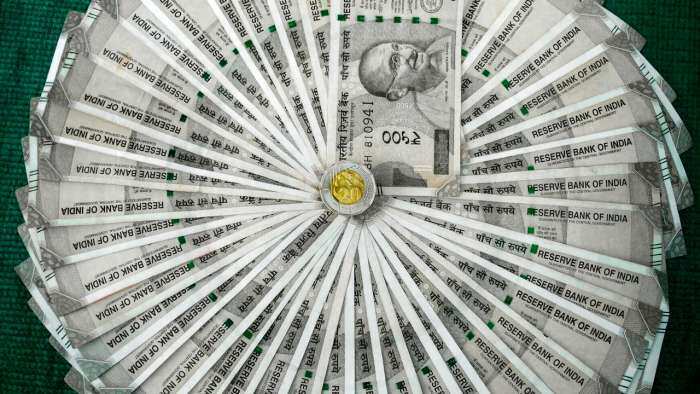

 Bullet train: 100-metre-long steel girder launched over four railway tracks in Gujarat
Bullet train: 100-metre-long steel girder launched over four railway tracks in Gujarat Two labourers trapped as under-construction bridge of bullet train project collapses in Gujarat's Anand
Two labourers trapped as under-construction bridge of bullet train project collapses in Gujarat's Anand Mumbai-Ahmedabad bullet train project: Work on 7-km undersea rail tunnel commences
Mumbai-Ahmedabad bullet train project: Work on 7-km undersea rail tunnel commences Government will conduct feasibility studies for bullet train corridors in north, south, east: Droupadi Murmu
Government will conduct feasibility studies for bullet train corridors in north, south, east: Droupadi Murmu Mumbai-Ahmedabad bullet train corridor providing boost to construction industry: NHSRCL
Mumbai-Ahmedabad bullet train corridor providing boost to construction industry: NHSRCL